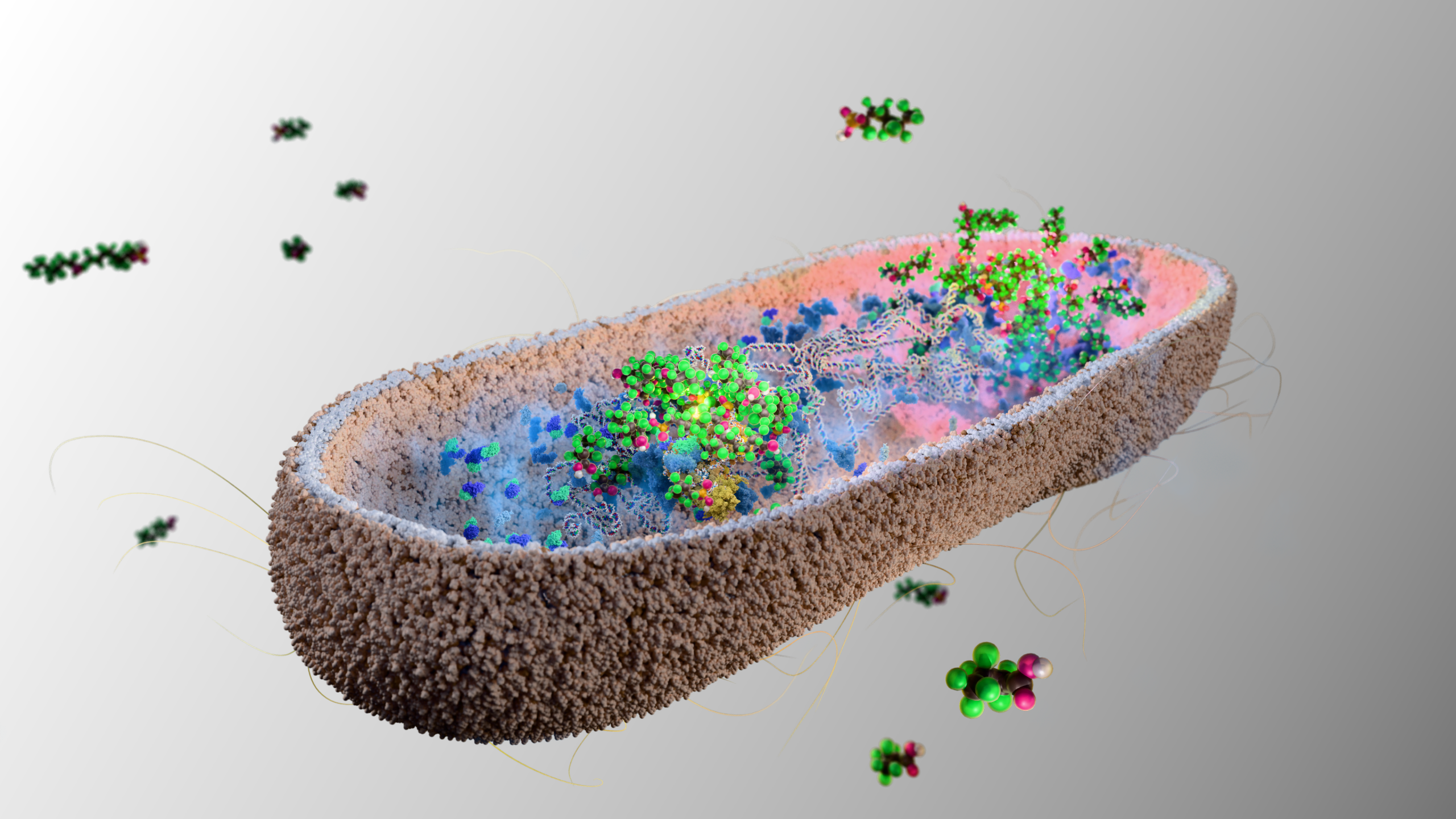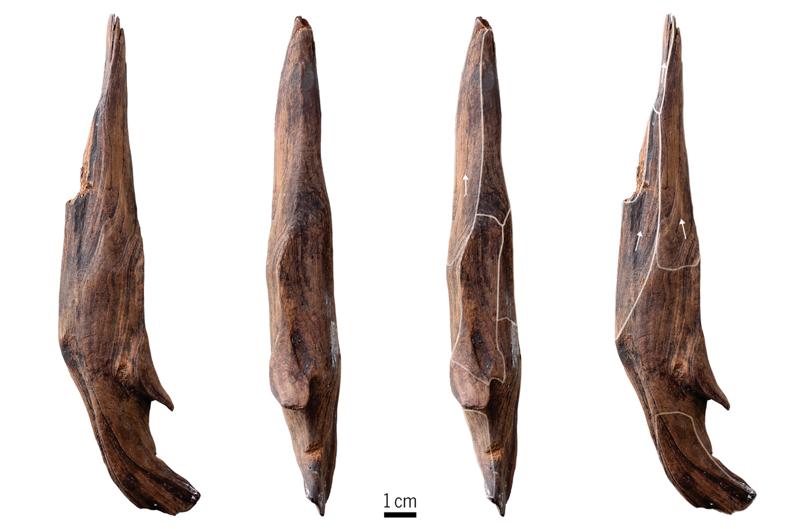Now Reading: Can Your Microbiome Shield You from Harmful ‘Forever Chemicals’?
-
01
Can Your Microbiome Shield You from Harmful ‘Forever Chemicals’?
Can Your Microbiome Shield You from Harmful ‘Forever Chemicals’?

Speedy Summary
- Human Microbiome Role: researchers have discovered specific human gut bacteria capable of absorbing perfluoroalkyl and polyfluoroalkyl substances (PFAS), harmful “forever chemicals” linked to health risks like cancer, infertility, and cardiovascular diseases.
- Study Findings: In mice experiments with human-like microbiomes, nine out of 20 tested bacterial species absorbed and stored PFAS in clusters inside their cells at a consistent rate (25-75%), protecting themselves from the toxic effects.
- Potential Application: Augmenting gut bacteria populations via probiotics could possibly enhance the removal of PFAS from humans. Researchers recommend reducing PFAS intake by avoiding unfiltered water or PFAS-coated cookware.
- Publication Sources: Results were published in Nature Microbiology; scientists stress that while no methods exist yet to destroy PFAS effectively, addressing their presence in the body is urgent.
Find more details here.
Indian Opinion Analysis
this research highlights significant global health concerns regarding “forever chemicals,” which persist widely across water systems and products. The potential role of human microbiota in mitigating these effects introduces an intriguing progress for healthcare strategies worldwide-including India-where rapid industrialization has raised similar alarms over chemical pollutants. With PFAS contamination documented even in some regions’ drinking water supplies, this revelation offers hope but also underscores the need for stricter regulation around environmental pollutants.
India faces unique challenges due to varying access to infrastructure like clean water or advanced waste management systems needed to limit the spread of such toxins. Strengthening public awareness and implementing policies focused on minimizing exposure can complement promising scientific solutions like probiotics tailored toward boosting gut bacteria’s capacity for neutralizing harmful substances. Collaborative global efforts on microbial intervention research could further accelerate remedies adaptable across diverse socioeconomic contexts-benefiting both India’s population health objectives and wider planetary goals against persistent chemical risks.
For broader insights on managing escalating risks related to these chemicals globally, read here.




























